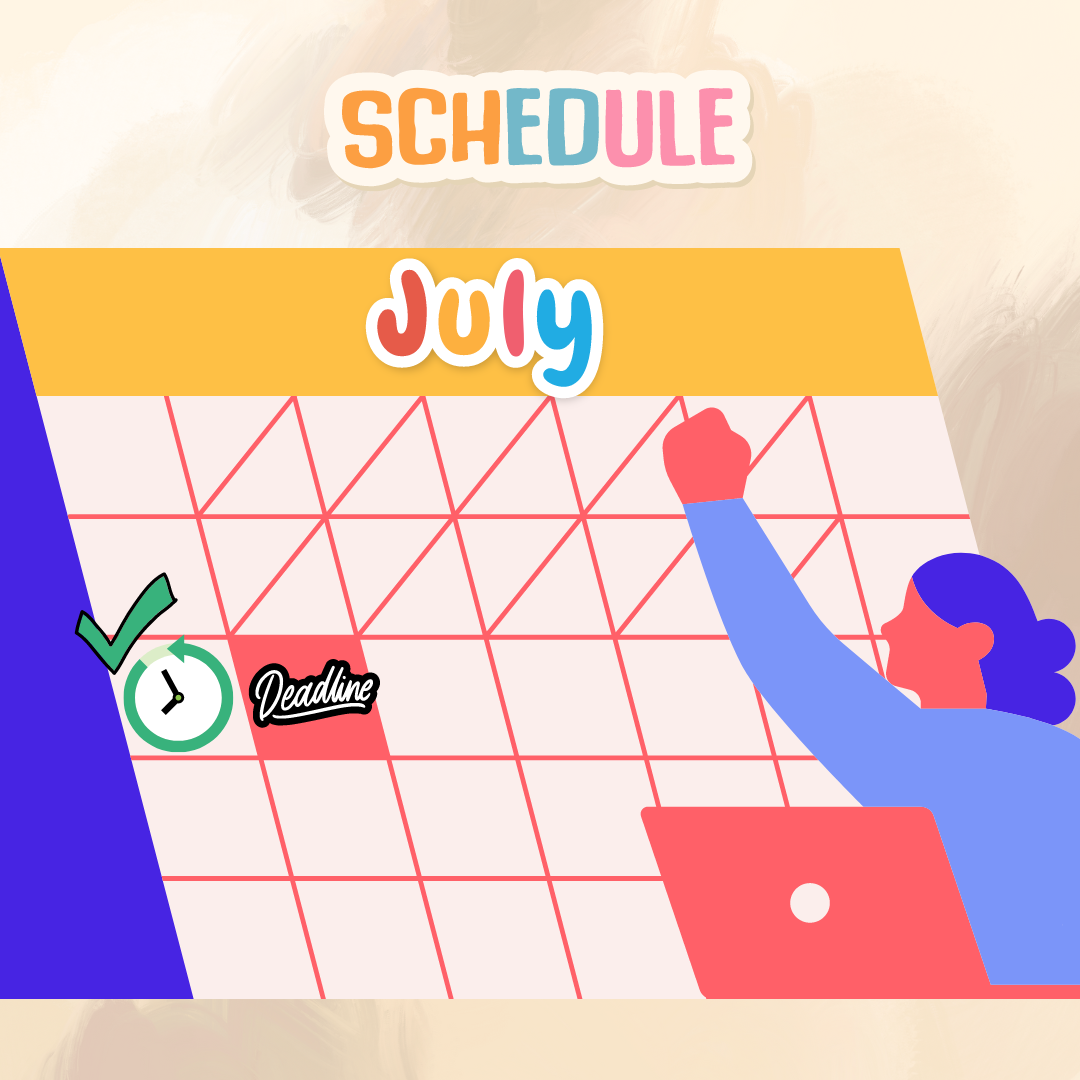Already
Definition
Already is an adverb that indicates something has happened before the present time or earlier than expected.
Parts of Speech
- Adverb
Pronunciation
American English
- IPA Pronunciation: /ɔlˈrɛdi/
- Respelling: awl-RED-ee
British English
- IPA Pronunciation: /ɔːlˈrɛdi/
- Respelling: awl-RED-ee
Etymology
The word "already" originates from Middle English, where it was formed from "all" and "ready," implying something that has been prepared or completed in advance. It dates back to the 14th century.
Derivatives
- Ready (adjective)
- Readiness (noun)
- All-ready (historical form)
- Alreadying (rare form)
- Pre-ready (constructed term)
Synonyms
- Previously
- Earlier
- By now
Antonyms
- Not yet
- Still
- Later
Usage
The adverb "already" is used to express that an event has occurred before the current moment or earlier than anticipated. For example, "She has already finished her work," or "He was already at the station when I arrived."
Related Terms
- Yet: Used to refer to something that has not happened up to the present time.
- Still: Continuing to happen at the present time despite expectations.
- Previously: At a previous time or before a certain point.
Detailed Definitions
Adverb
- Before the present time: Indicates that an action occurred earlier than the current time.
- Example: "She has already left for the day."
- Earlier than expected: Used to show that something happened sooner than anticipated.
- Example: "The movie was already sold out when we arrived."
already



🇨🇳 Mandarin
- 已经 (yǐjīng)
- IPA: /i˧˥ t͡ɕiŋ˥˩/
- Respelling: ee-jing
- 早就 (zǎojiù)
- IPA: /tsau˨˩˦ t͡ɕiou˥˩/
- Respelling: zao-jiou
🇮🇳 Hindi
- पहले से (pahle se)
- IPA: /pəhle se/
- Respelling: puh-leh seh
- अब तक (ab tak)
- IPA: /əb tək/
- Respelling: ub tuck
🇪🇸 Spanish
- Ya
- IPA: /ja/
- Respelling: yah
- Antes
- IPA: /'antes/
- Respelling: ahn-tehs
🇫🇷 French
- Déjà
- IPA: /deʒa/
- Respelling: deh-zhah
- Auparavant
- IPA: /o.paʁ.a.vɑ̃/
- Respelling: oh-pah-rah-vahn
🇸🇦 Modern Standard Arabic
- بالفعل (bilfi'il)
- IPA: /bil.fiːl/
- Respelling: bil-feel
- مسبقا (musbaqan)
- IPA: /mus.ba.qan/
- Respelling: moos-bah-kahn
🇧🇩 Bengali
- ইতিমধ্যে (itimadhye)
- IPA: /i.timɔd̪ʱje/
- Respelling: ee-tee-moh-dhyay
- আগেই (agei)
- IPA: /a.gei/
- Respelling: ah-geh
🇷🇺 Russian
- Уже (Uzhe)
- IPA: /uʐe/
- Respelling: oozhe
- Предварительно (Predvaritel'no)
- IPA: /prʲɪdvɐˈrʲitʲɪlʲnə/
- Respelling: pree-dva-ree-tel'-no
🇵🇹 Portuguese
- Já
- IPA: /ʒa/
- Respelling: zha
- Anteriormente
- IPA: /ɐ̃tɨɾjoɾˈmẽtɨ/
- Respelling: ahn-tee-ryor-men-chee
🇮🇩 Indonesian
- Sudah
- IPA: /sudɑh/
- Respelling: soo-dah
- Sebelumnya
- IPA: /səbəluɲɲa/
- Respelling: suh-buh-loon-ya
🇩🇪 German
- Schon
- IPA: /ʃoːn/
- Respelling: shone
- Bereits
- IPA: /bəˈʁaɪ̯ts/
- Respelling: buh-raights
🇯🇵 Japanese
- もう (mō)
- IPA: /moː/
- Respelling: mohh
- すでに (sudeni)
- IPA: /sɯdeɲi/
- Respelling: soo-deh-nee
🇻🇳 Vietnamese
- Đã
- IPA: /ɗaː˧/
- Respelling: yaa
- Rồi
- IPA: /zoi˧˩/
- Respelling: zoy
🇰🇷 Korean
- 이미 (imi)
- IPA: /imi/
- Respelling: ee-mee
- 벌써 (beolsseo)
- IPA: /bʌlʃʌ/
- Respelling: buhl-suh
🇹🇷 Turkish
- Zaten
- IPA: /zaˈten/
- Respelling: zah-ten
- Önceden
- IPA: /ønd͡ʒedæn/
- Respelling: uhn-jeh-dan
🇵🇰 Urdu
- پہلے ہی (pehle hi)
- IPA: /pɛːle hi/
- Respelling: peh-leh hee
- اب تک (ab tak)
- IPA: /əb tək/
- Respelling: ub tuck





